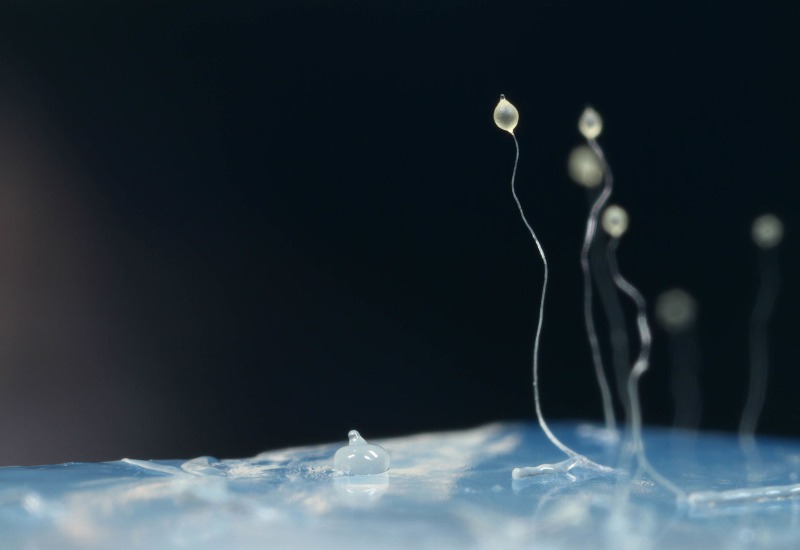Our lab works to understand how cells detect and respond to external chemotactic signals that are detected by GPCRs, and, in particular, how the spatial and temporal relay of chemotactic signals between cells impact single and group cell migration in the context of inflammation and cancer metastasis.
We seek to understand how cells detect and respond to external chemotactic signals to shed light on inflammation and cancer metastasis.
Our Research
Image

Carole Parent, Ph.D.
Research Professor, U-M Life Sciences Institute
Raymond and Lynne Ruddon Professor of Cancer Biology and Pharmacology, U-M Medical School
Professor of Cell and Developmental Biology, U-M Medical School
Faculty Director, Michigan Pioneer Fellows




